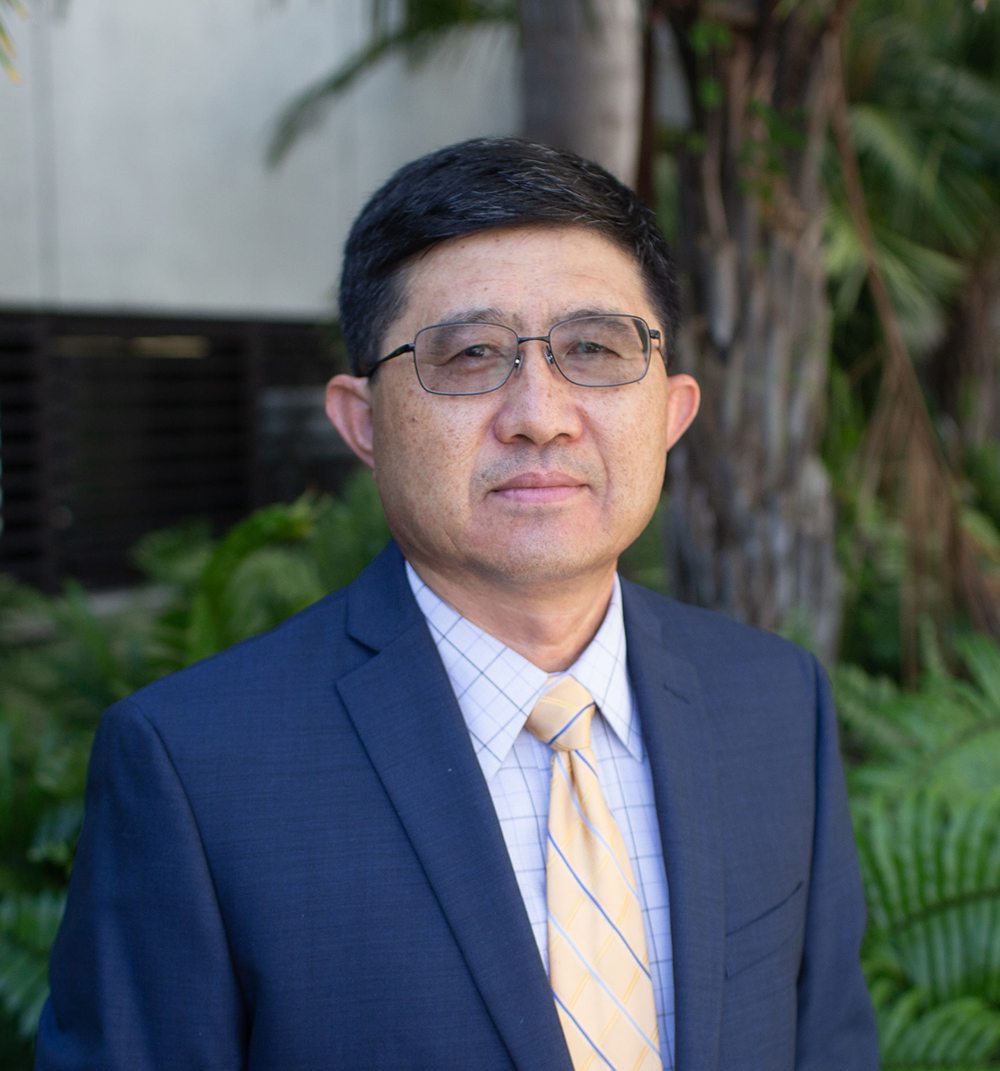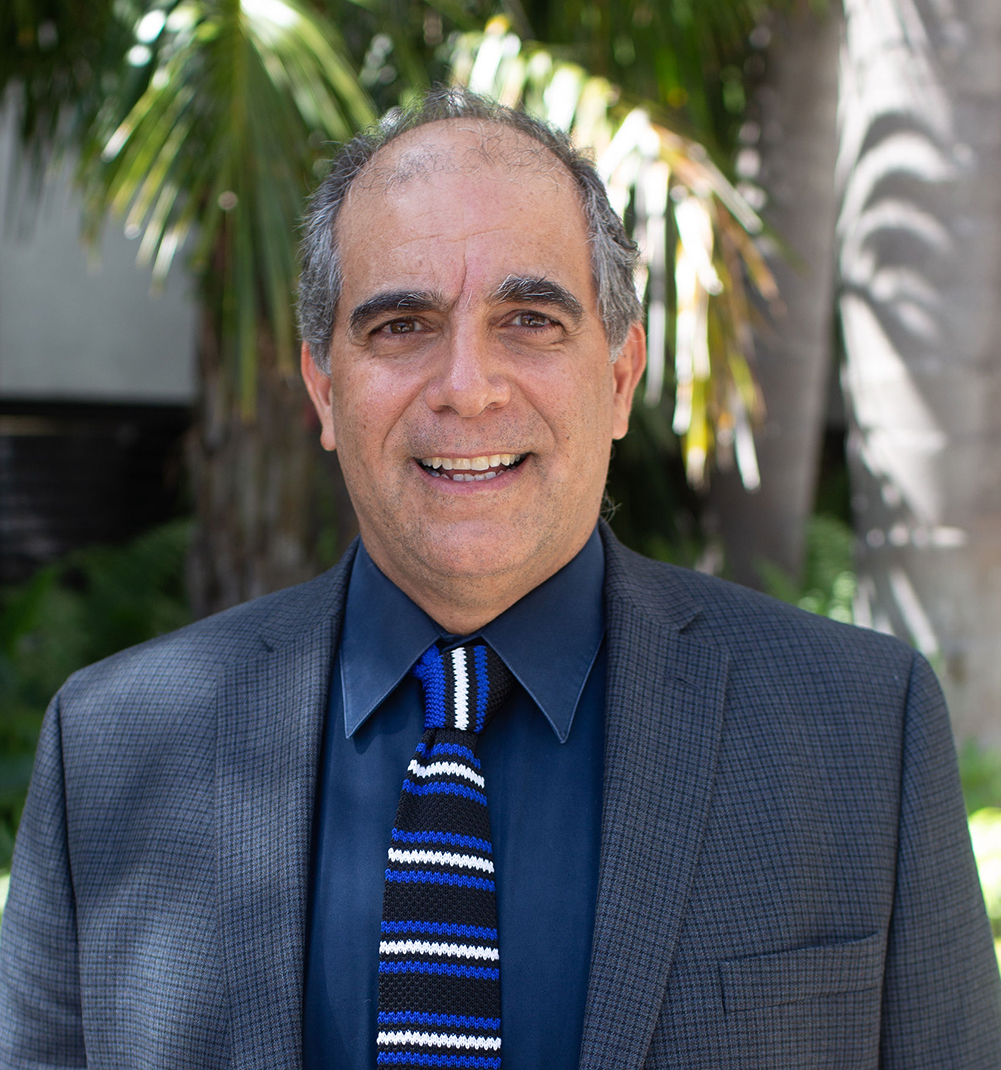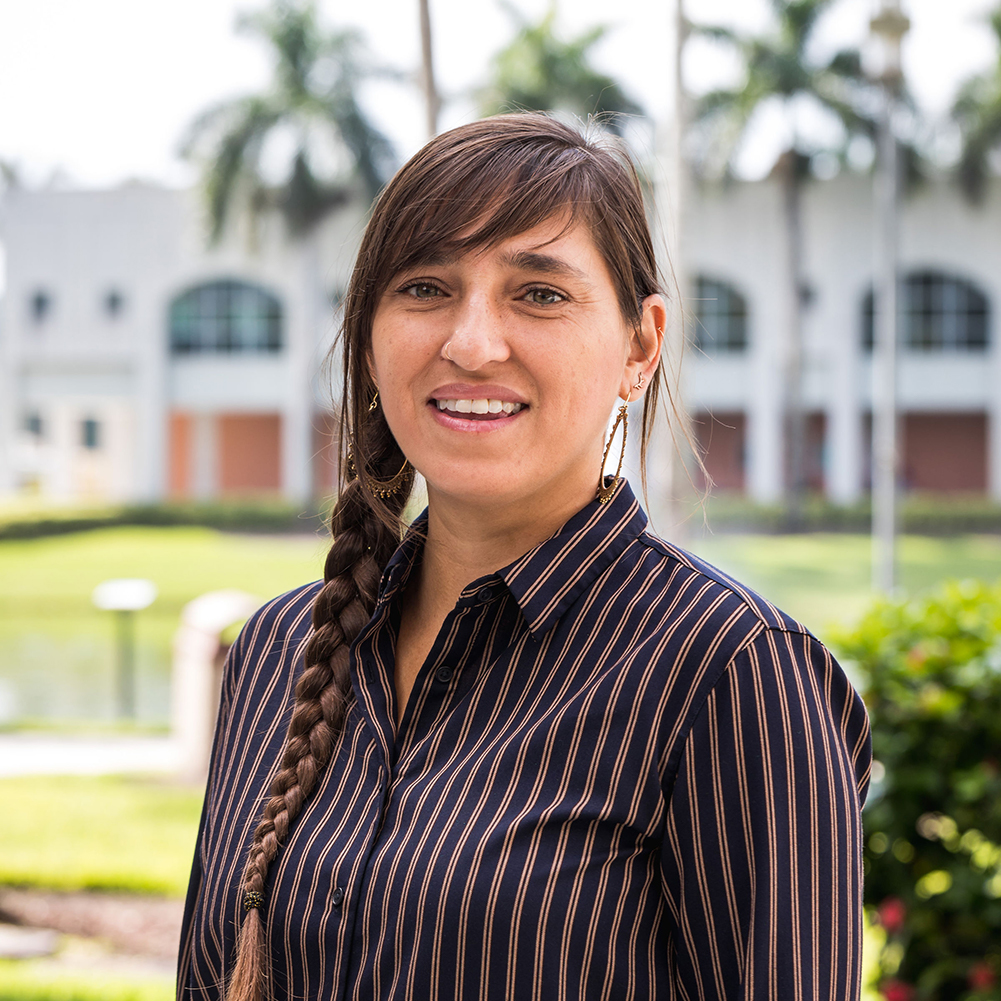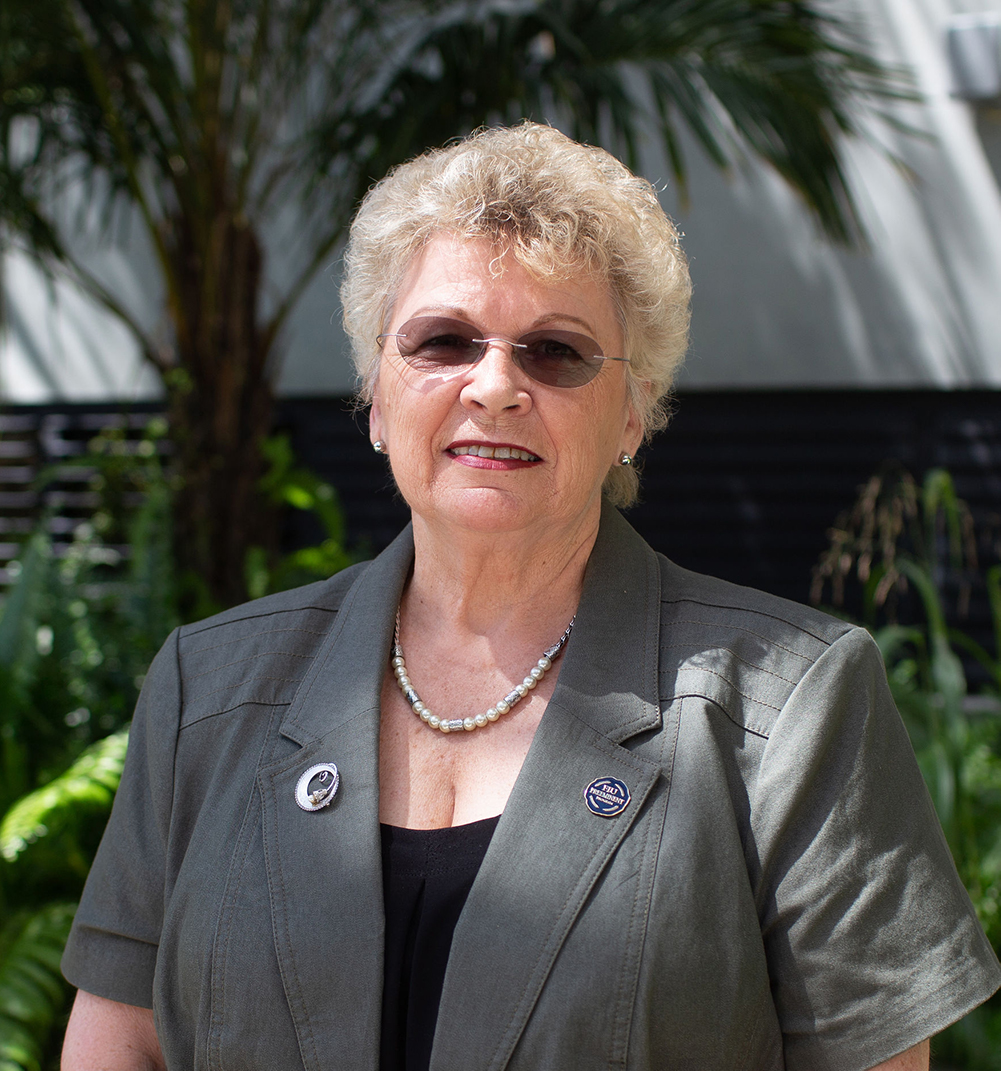The Environmental Forensics and Public Health program is a joint collaboration between the FIU Institute of Environment and the FIU Global Forensic and Justice Center (GFJC).
Environmental forensics requires a cross-disciplinary approach that includes understanding the sources of environmental contaminants, their transport through key ecosystems and their subsequent impact on humans and other organisms.
High concentrations of contaminants such as magnesium, calcium, zinc or manganese are now known to play a role in the onset and progression of chronic diseases such as Alzheimer's and Parkinson's. The consequences of pollutants on our bodies and our environment can be critical. Toxic metals, for example, are impacting the Florida Everglades and its resources, leading to changes in marine organisms, influencing mental health and creating environmental inequities.
This program aims to improve our scientific understanding of global change and anthropogenic effects caused by multiple environmental drivers, the physical and biological responses measured in water quality, soil and sediment contamination, emerging diseases, invasive species and other global stressors that are a risk to ecosystems and community health.

Collaborative Partners
The leading organizations, Institute of Environment and GFJC, are comprised of several key components to the success of this new program:
- The GFJC’s International Forensic Research Institute
- The GFJC’s National Forensic Science Technology Center
- The Institute of Environment’s CREST Center for Aquatic Chemistry and Environment
- The Institute of Environment’s Tropical Conservation Institute
In addition to the leading organizations, partners and collaborators for this program also include:
- Robert Stempel College of Public Health and Social Work
- FIU College of Law
- FIU GIS Center
- FIU College of Engineering and Computing
Ongoing Research
The Environmental Forensics and Public Health program will focus on the following research projects:
Training
The Environmental Forensics and Public Health program will include a training component specifically geared at teaching individuals and organizations how to properly collect environmental samples. The program will provide the following initiatives:
This program aims to deliver virtual, in-person, or hybrid forms of training. Current conservation officers can counter wildlife trafficking with training in proven forensic science evidence collection and analysis techniques suited for the out-of-the-laboratory assessments - our program will provide conservation officers with the skills they need to counter wildlife trafficking.
Experts
Yong Cai
Professor; Chair, Department of Chemistry and Biochemistry; RFA 1 [...]
305-348-6210
cai@fiu.edu
CP 325, CP 373, CP 396-398, VH 316B-CPiero R. Gardinali
Professor; Associate Director, Institute of Environment
305-348-6354
gardinal@fiu.edu
MSB 356Cristina Gomes
Research Assistant Professor; Assistant Director of the Tropical Conservation Institute
305-919-6000
cristina.gomes@fiu.edu
AC1 300, CASE 314Kevin Lothridge
Deputy Executive Director Global Forensic and Justice Center
727-395-2511
klothrid@fiu.edu
8285 Bryan Dairy Road, Suite 125 Largo, Florida 33777DeEtta Mills
Director of International Forensic Research Institute; Associate Professor; Chairperson, [...]
305-348-7410
millsd@fiu.edu
OE 116ANatalia Soares Quinete
Assistant Professor
305-348-3118
nsoaresq@fiu.edu
MSB 357




